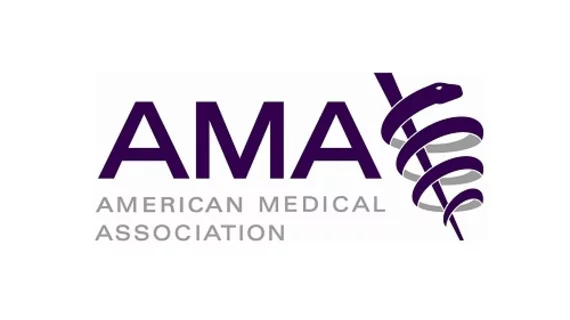The American Medical Association (AMA) inaugurated its new president during the group’s annual meeting in Chicago while also choosing its future leader. Patrice Harris, MD, MA, a psychiatrist from Atlanta, was sworn in as the association’s president, becoming the AMA’s first African-American woman to hold the position.
Her main areas of focus in her new role include removing dysfunction from healthcare, reimagining medical education and training, and confronting chronic illness. She has been on the AMA board of trustees since 2011, serving as board secretary and chair.
The association also adopted several new policy stances during its annual meeting through its House of Delegates, AMA’s main policy branch.
Among the new changes include:
- Extending Medicaid coverage for postpartum up to a year, well beyond the current 60-day coverage period
- Supporting increased use of body-worn cameras by law enforcement officers in the face of excessive force as a public health issue
- Educating physicians and medical students on the adverse effects of climate change
- Increasing access to healthcare in rural, underserved areas
In addition to these broader policies, AMA also passed policies related to the opioid epidemic that aim to bring back the focus of pain treatment to the patients. AMA sees barriers to non-opioid treatments, such as step therapy and prior authorization, as contributors to the opioid abuse problem. The delegation approved a resolution that urges state funds from litigation settlements against opioid manufacturers and distributors be used for research, education, prevention and treatment of overdoses, opioid use disorder and pain.
“Physicians have a responsibility to help end the opioid epidemic, and they are taking steps: more judicious prescribing that has resulted in a dramatic decline in opioid prescriptions, enhanced education, and lobbying for policies based on clinical evidence,” Harris, who is also chair of the AMA Opioid Task Force, said in a statement.
The AMA also voted on new principles to advance gender equity in medicine, citing recent studies revealing a pay gap between men and women in the field. The association clearly stated its opposition to exploitation and discrimination in the workplace, support for equal opportunity and acknowledged several of the institutionalized practices that can discriminate against women, including mentorships and training.
With respect to the Affordable Care Act, the AMA adopted new principles to improve the healthcare law with the goal of covering the uninsured. The association specifically wants to increase eligibility for tax credits, increase cost-sharing reductions for individuals who qualify, and extend eligibility for cost-sharing reductions beyond the 250% poverty level. The AMA cited a rise in the number of uninsured Americans among its top concerns.
The AMA further took aim at improving funding for graduate medical education to address the physician shortage and expand its efforts to prevent suicide among physicians and medical students.

